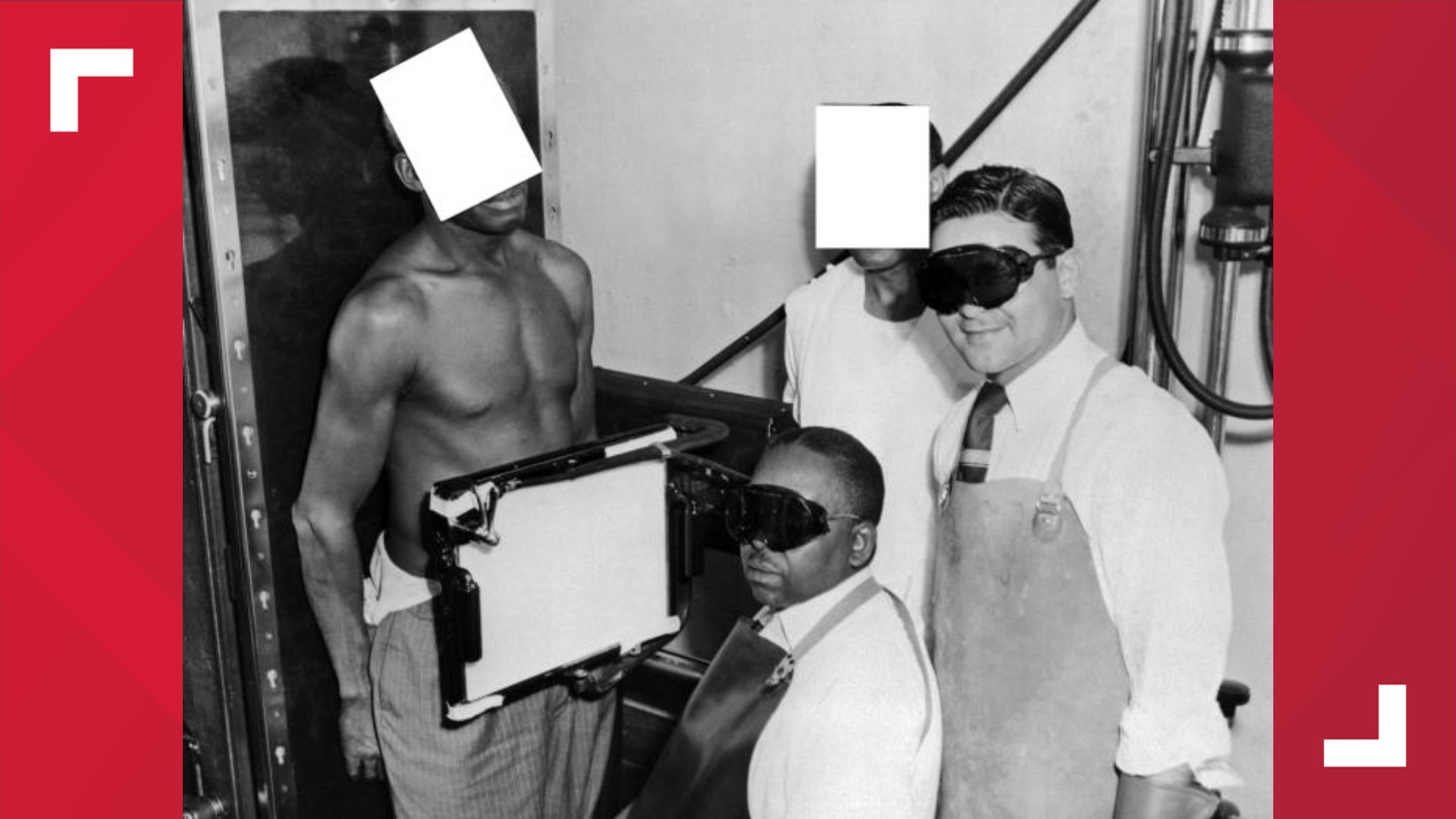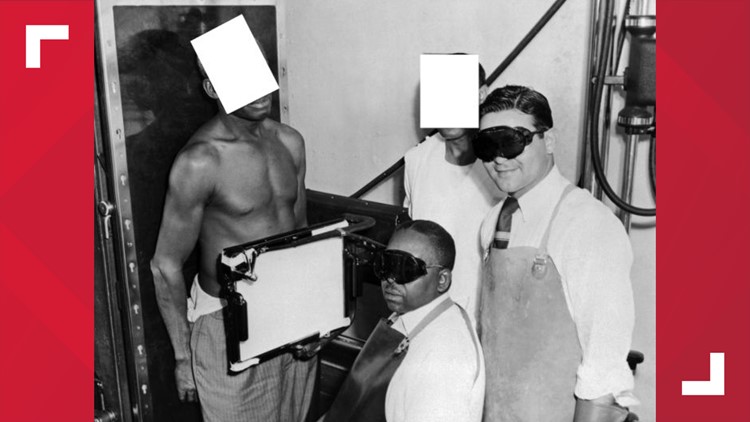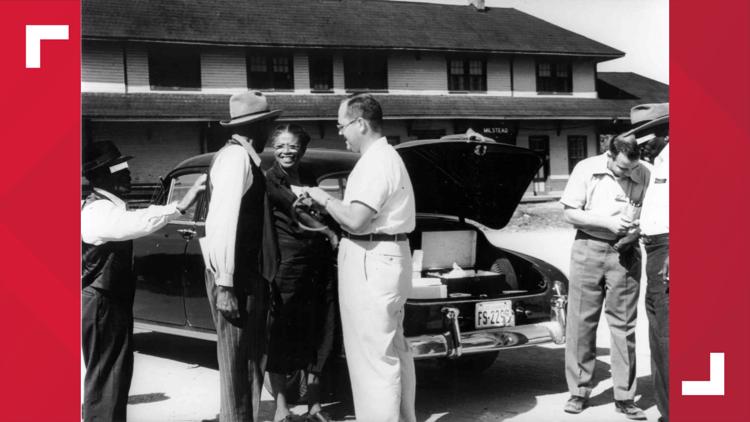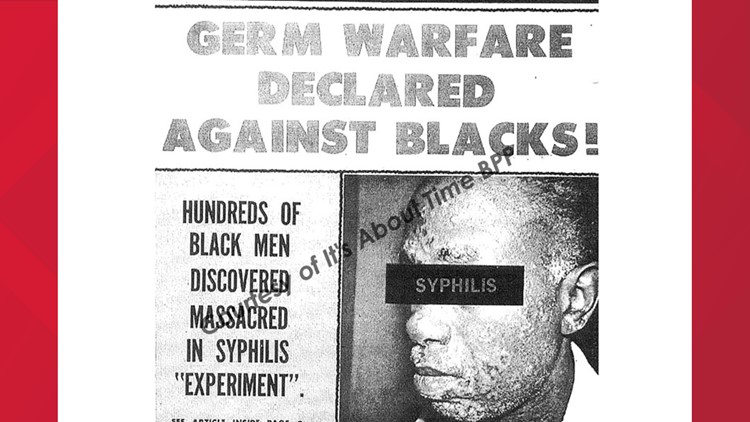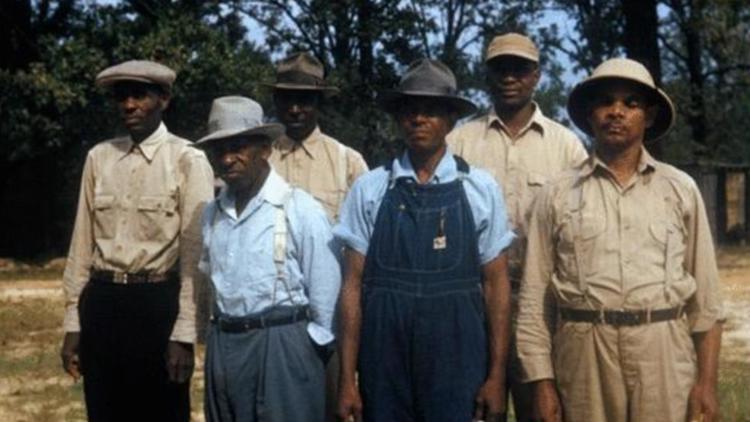AUSTIN, Texas — As the COVID-19 vaccine rolls out, there are a growing number of concerns emerging about getting it.
Fifty-eight percent of Americans in the latest Gallup poll said they would get a COVID-19 vaccine, up from a low of 50% in September. So, what are their concerns?
Concern: Reactions/side effects
Concerns about the COVID-19 vaccine start with the reactions.
Warnings were issued on Dec. 9 after new reactions were uncovered in the UK. Two people suffered anaphylactic-type allergic reactions.
Keep in mind, thousands of people in Britain are currently being vaccinated as part of the initial rollout. Researchers are warning anyone prone to those types of allergic reactions to not get the Pfizer vaccine.
Dr. Mark Escott, Austin-Travis County's interim health authority, says most reactions have been mild.
"The side effects are things like chills and muscle aches and a small percentage of people who develop a fever from the second dose. Other common side effects, like headache, tenderness at the sight of the injection, those symptoms tend to be higher and in younger age groups under age 55 and less so in the older age groups,” Dr. Escott said.
This is a new vaccine and it has only been tested on a few thousand people. Often, all the reactions to a vaccine aren't observed for some time.
There is a lot of history to vaccines and some of the side effects have come to light only years after they were used. For example, "In 1976, there was a small increased risk of a serious neurological disorder called Guillain-Barré Syndrome (GBS) following vaccination with a swine flu vaccine," according to the Centers for Disease Control and Prevention (CDC). The CDC tracks the historical safety concerns for vaccinations here.
There is also a vaccine injury compensation program in the U.S. It was set up in 1982 to help people who may suffer adverse reactions to vaccines. Federal lawmakers are considering adding to this fund in light of the COVID-19 vaccine.
Concern: Vaccinating while cases are on the rise won't help
There is also concern that administering a vaccine when cases are rising won't help. Dr. Escott says in places like El Paso, where a greater percentage of the population has gotten COVID-19, the vaccine may be less impactful.
However, he said only about five to 10% of our population in Central Texas has had COVID-19 already.
"Here in Austin and Travis County, vaccines will be very beneficial. We are at the bottom of the major metropolitan counties in Texas. That means we haven't seen huge surges in coronavirus here which means we need the vaccine here," Dr. Escott said.
Concern: A history of mistrust
Then there is history.
"I think there is a particular issue in the African American community because of the tragic history of medical experiments on African Americans," Rep. Lloyd Doggett (D-Texas) said.
In 1932, the Tuskegee Syphilis Experiment took 600 Black men – 201 without syphilis – and told them they were being treated for "bad blood." In truth, they did not receive the proper treatment needed to cure their illness, even when penicillin became widely available.
PHOTOS: 1932 Tuskegee Syphilis Experiment
The experiments were originally designed to last six months but stretched on for 40 years. Even then, each participant was only given lifetime medical benefits and burial services.
"And so, there is a real resistance among some African Americans to whether this virus treatment for the vaccine is going to be safe," Doggett said.
Concern: Deciding who should get the vaccine
That damage lingers, and it goes beyond mistrust. There are real concerns about who should get the vaccine once it is available.
"There will be a limited amount of these vaccines available initially. And we know that people of color have disproportionately suffered. That's particularly true in our area, in the Latinx community, people that are in the front line jobs exposed to the public, in construction, and we need to be sure that we have an equitable system of distribution to reach those people," Doggett said.
All of these questions and concerns are still being addressed by health authorities here. However, most of them say vaccine distribution will start with frontline medical workers and, even then, initially only about half of them will be able to get the vaccine.
PEOPLE ARE ALSO READING:

